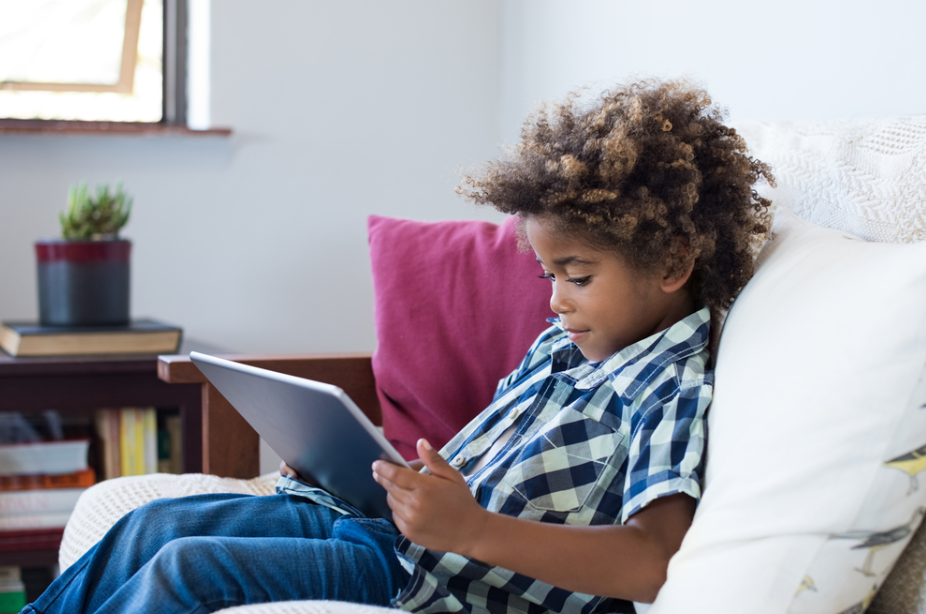This is a sponsored guest post.
Any parent who has a young child or a teenager knows that too much screen time is not all that good. But how much is too much and what are parent’s biggest concerns about too much screen time and screen time in general?

The concerns
The biggest concerns with screen time are whether children or teenagers are becoming isolated or lacking social skills from screen time, that screen time will affect their mental health, and that it will affect their sleep.
Depression and Anxiety
A new study published in the journal of Preventive Medicine Reports that young people who spend more than seven hours a day on screens are twice as likely to be diagnosed with anxiety or depression. The study discusses children who spend seven hours or more on screens, not including school work. It also found them to be distracted more easily, less emotionally stable and had problems finishing tasks properly.
Reduced Sleep
A review in 2014 showed evidence that excess screen time delayed and hampered sleep. It resulted in shortened sleep and in disrupted sleep. It also suggested that the longer screen times may be reducing the amount of time spent being active and exercising, and thus, reducing sleep even more as excess energy has not been spent. Screens are often used just before bed and the bright light can increase alertness, thus making it harder to fall asleep.
Social anxiety or awkwardness
Children and adolescents who are shy and socially awkward don’t always improve these traits if they spend long hours playing games and being on screens. They are not put into situations where they practice the skills of conversation and interaction.
Rather, they can become more socially isolated and awkward as they isolate themselves to mainly interacting online. An article in Psychology Today discusses the improvements of social skills and interactions in an adolescent as he weaned himself off screen time and the internet.
Guidelines
So what are the guidelines of how much screen time is “enough”? The World Health Organisation (WHO) guidelines state that there should be no screen time for children under 1 years of age and an hour or less for children under 5 years. They also recommend that this screen time is watched with an adult so you can interact with them as they watch. As we know in our modern age, these guidelines are very tough to follow.
How can parents manage screen time better?
As a parent, it is important to limit and track the amount of time spent on screens and what is being viewed during this time. Technology can help track what is being done during screen time and for how long.
Once the parent has the facts about what and how long a child is on their screens, it is then possible to start to put boundaries in place with the help of technology. This can help to limit what type of content is being viewed and for how long their child is able to use their screens.
It is important these changes are done with a lot of conversation and communication with your child. They need to know why these changes are coming into place and keep communicating to see if they can feel a difference in their day to day without being on their screens so much.
Parents screen time
It is key that parents are also reviewing their own screen time, and realize that their children and young people follow by example. If they see their parents on their phone or tablet constantly, they feel it is acceptable to do the same.
Parents may also feel the difference it makes when they are using screens less. It can cultivate a better family dynamic and allow for better communication.



